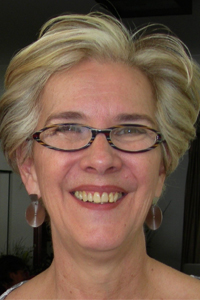 There’s a recent story in Bloomberg BusinessWeek, titled “The Online MBA Salary Blues,” which discusses the idea that graduates of distance learning MBA programs may not see as much of a salary increase as those who finish traditional, class-based programs.
There’s a recent story in Bloomberg BusinessWeek, titled “The Online MBA Salary Blues,” which discusses the idea that graduates of distance learning MBA programs may not see as much of a salary increase as those who finish traditional, class-based programs.
The story is mainly based on the entrance salary data for the inaugural cohort at University of North Carolina Kenan-Flagler Business School’s new online program, MBA@UNC. BusinessWeek essentially posits that since incoming students already make substantially more than the class-based students ($128,500 vs. $55,000 per year,) it will be very hard for the online grads to see the same increase that the traditional students see. Although this hypothesis is mostly speculative and ostensibly limited (after all, the online program at UNC has just begun, and there are only 19 students in the inaugural class) it will be a fascinating case study for distance learning programs generally, seeing as how UNC’s online program offers the exact same curriculum as its class-based program, for the same price.



